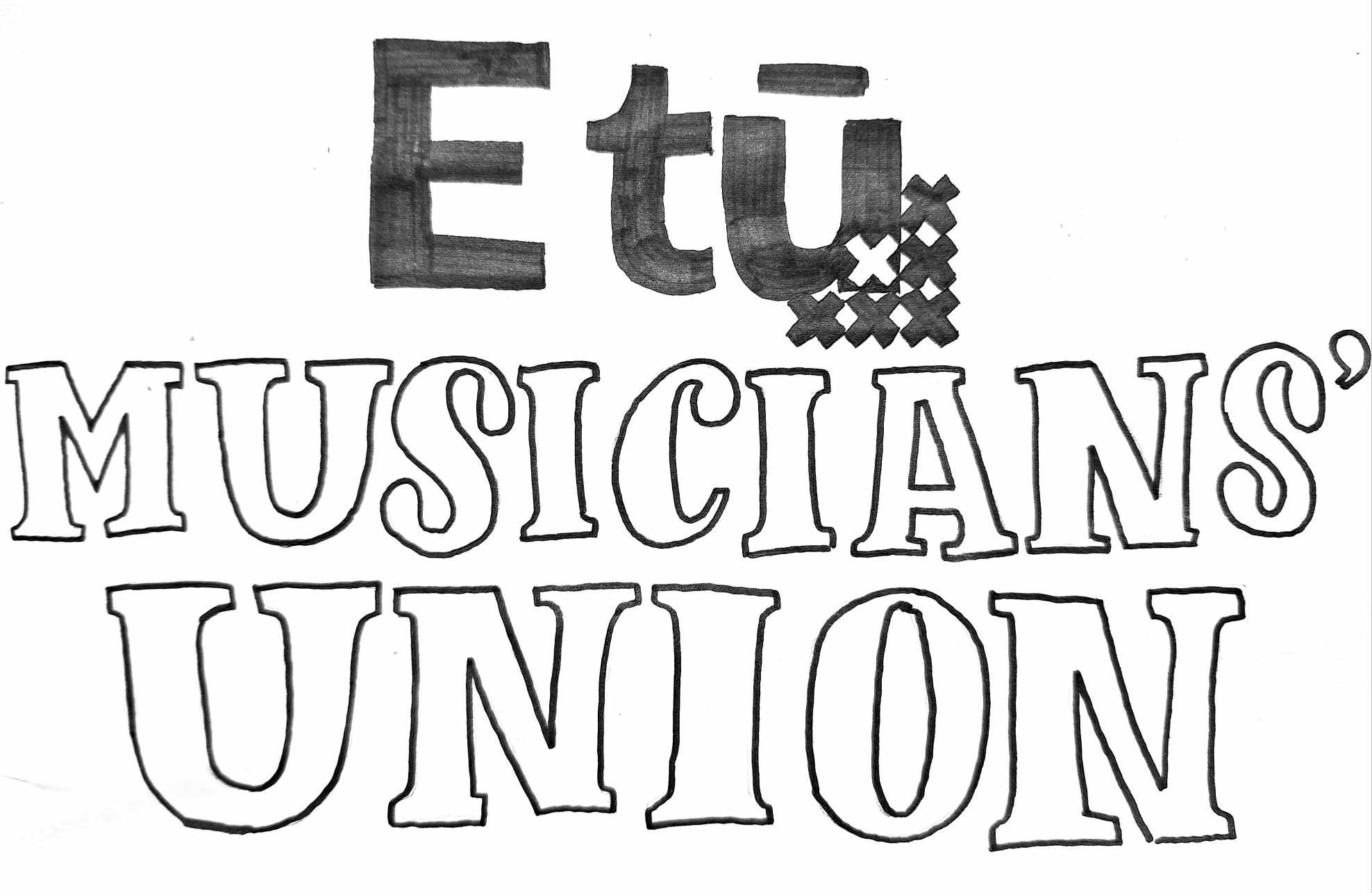Your Income as a Musician
1.1.
Musicians face unpredictable earnings—from a one-night gig wind-up to sudden platform shifts—so relying on a single income source is precarious. To build stability and growth, diversify across seven distinct revenue streams. Below, we explain each stream and practical ways for musicians to tap into them.
1.2.
Pricing Your Services Correctly
Setting your rates as a musician in New Zealand can feel daunting—there is no universal rate card, and market conditions shift rapidly. This ambiguity makes it hard to know what to charge for gigs, studio sessions or teaching. Below, we outline key benchmarks and factors to help you price your services with confidence.
Creative New Zealand
Creative NZ’s minimum fair remuneration guidance now sits at NZD 30/hr (up from NZD 25/hr in 2019) for grant-funded projects and serves as a baseline for all artists and art practitioners.
Application | Use NZD 30/hr as your floor—never undercut this when budgeting for grant applications or commercial work.
Senior practitioners | CNZ explicitly encourages paying experienced artists well above the minimum to reflect their expertise and project requirements.
NZ Session Collective
At NZSC, we’ve published research into standard professional rates to ensure consistency and transparency across our curated musician roster. These rates reflect:
Current economic conditions and cost-of-living trends
Real-world booking data and feedback from seasoned professional artists.
You can refer to our published musician rates below.
E tu Musicians Union
The E tū Musicians Union is developing industry-wide standard rates and advocacy for fair pay across the sector. While still in consultation, their work promises to:
Create unified rate guidelines for live performance
Support collective bargaining on behalf of NZ musicians
Offer resources and training on contract negotiation
Stay informed via the E tū Musicians webpage.
Key Factors when Pricing Your Services
-
Your track record and industry standing justify premium rates.
Quality over tenure | It’s not merely years played, but consistency, professionalism and client testimonials.
Scaling with demand | As your profile grows (festivals, high-profile clients, media coverage), incrementally lift your rates.
-
Always build in the true cost of delivery:
Travel time & expenses | Factor in mileage (NZD $1.04/km banded), fuel, parking, and return journey.
Accommodation & per diems | For remote or overnight gigs, include lodging and daily allowances.
Equipment logistics | If you supply PA, lighting or specialise in large gear, itemise those costs separately.
-
Match your fee to the event’s budget and stakes:
Corporate, weddings & private VIP | Higher budgets warrant elevated “premium event” rates.
Community, club shows & benefit concerts | Consider modest fees or discounted rates in exchange for exposure or goodwill—only when strategically appropriate.
Repeat clients & retainers | Offer package pricing or loyalty discounts for ongoing engagements.
-
Charge for all work behind the scenes:
Rehearsals & score prep | Estimate hours rehearsing or arranging new material.
Production meetings | Time spent liaising with sound engineers, event managers or directors.
Administrative coordination | Quoting, invoicing and contract negotiations also consume valuable time.
Tip | Document your time in a simple log—separate “on-stage” hours from “off-stage” work. This ensures no hidden costs drain your profit and gives clients transparency on what they’re paying for.









